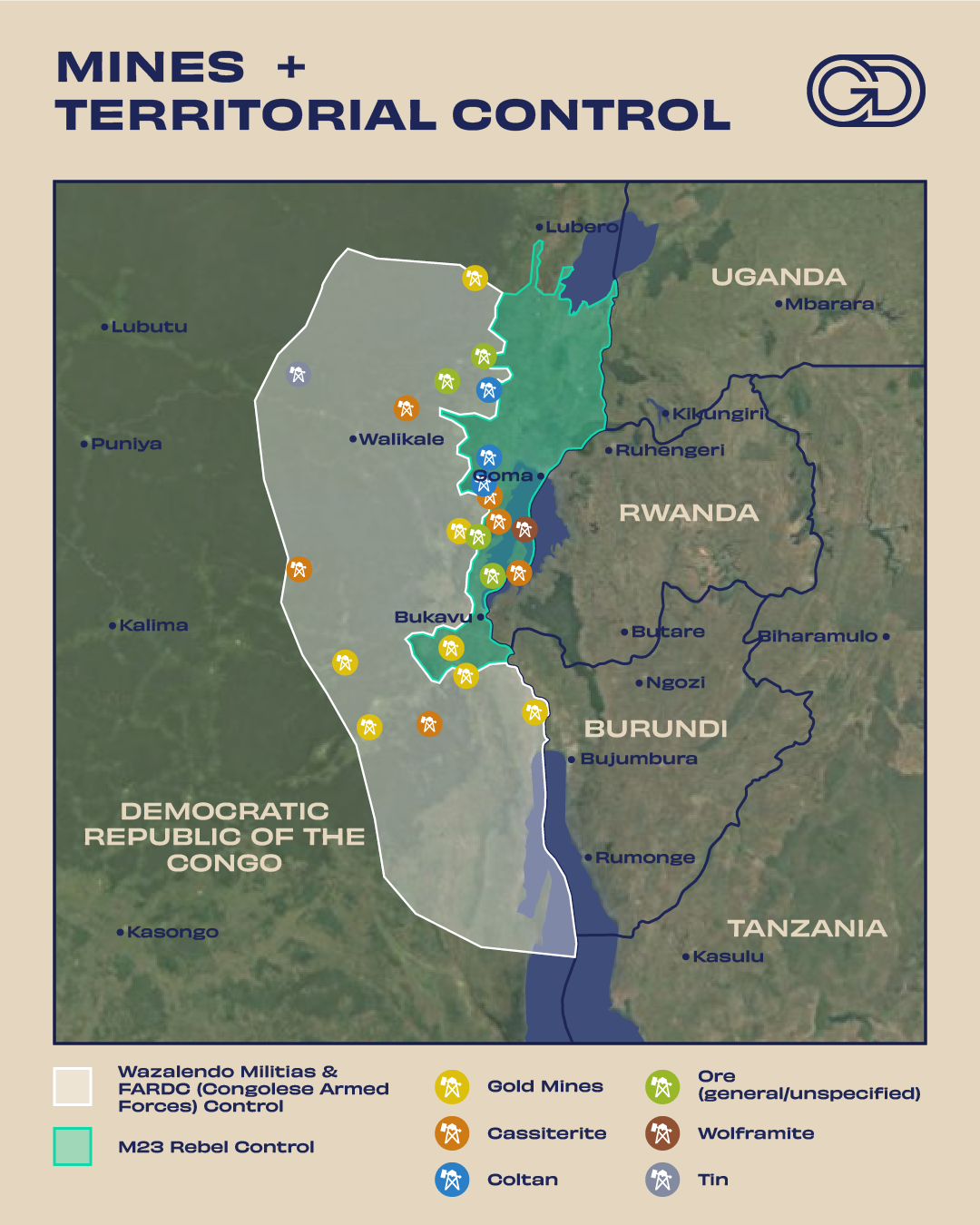In January 2025, the M23 rebel group launched a fresh offensive, seizing Goma and other key towns in North and South Kivu. With the Democratic Republic of the Congo (DRC) army suffering heavy losses and the humanitarian situation worsening, DRC President Félix Tshisekedi reached out to U.S. President Donald Trump with a “Ukraine-style” proposal, one that would trade mineral access for American security assistance.
For an administration defined by a materialist “America First” worldview, the offer was too tempting to ignore. Though Africa had long been peripheral to U.S. diplomacy, with several ambassadorial posts still vacant, the DRC’s mineral wealth offered a chance to re-enter the continent on transactional terms. One official reportedly described the moment as “a Marshall Plan for American miners.”
Globally, the deal signals Washington’s bid to challenge China’s dominance over strategic mineral supply chains. Beijing’s threat to curb exports on key metals, and its dominant role in processing, have exposed vulnerabilities in Western supply lines.
While the DRC is not a major producer of rare earths, its vast reserves of cobalt, copper, and lithium are critical to batteries and electrification, resources the U.S. does not want to rely on China for.
For U.S. policymakers, the DRC represents both an economic lifeline and a geopolitical statement. Through targeted financing and investment in downstream processing, Washington aims to secure raw supplies and develop alternative refining and manufacturing capacity, reducing Western industries’ reliance on Chinese processing hubs
This is why Washington’s response to Tshisekedi was swift. The U.S. renewed diplomatic contact in Central Africa, coordinated with Qatar to mediate between Kinshasa and Kigali, and appointed Massad Boulos, a Lebanese American businessman with family ties to Trump, as U.S. Special Envoy for Africa. Boulos’ background in mining and logistics was no coincidence; his mandate reflected a White House that viewed peace not as an end, but as an investment opportunity.
These efforts culminated in the Washington Peace Agreement, co-facilitated by the U.S., Qatar, the African Union (AU), and Togo as AU facilitator. Beyond ending hostilities, the deal positioned the U.S. as a central broker, and potential stakeholder, in the DRC’s reconstruction.
However, in order to achieve the necessary conditions for that reconstruction, the Trump Administration needs security allies on the ground, and has found one in notorious private military contractor Erik Prince

Security for Minerals
The initial talks between Tshisekedi and Trump soon evolved into a broader cooperation framework. Under the proposed Regional Economic Integration Framework (REIF), Rwanda and the DRC would facilitate cross-border trade and implement mineral-sector reforms such as investor protection and supply-chain transparency.


